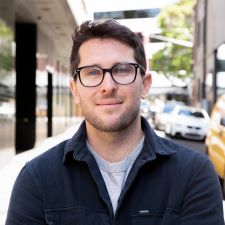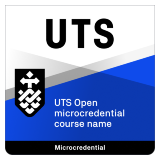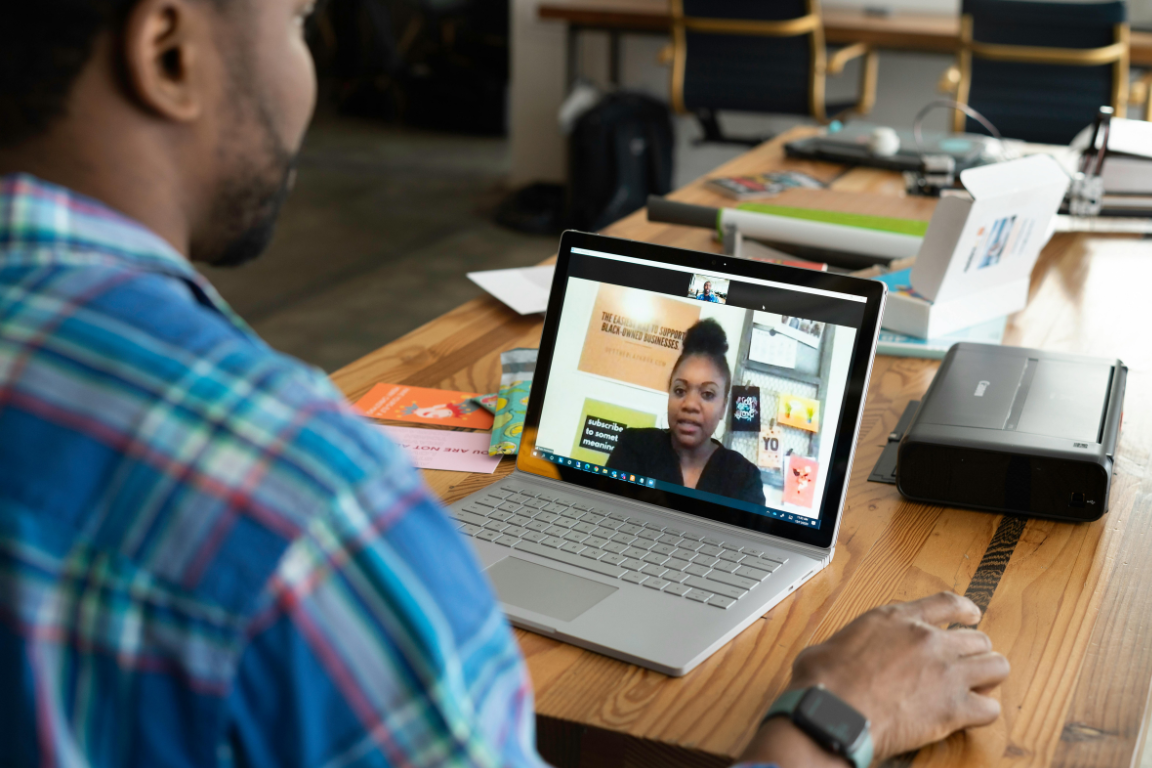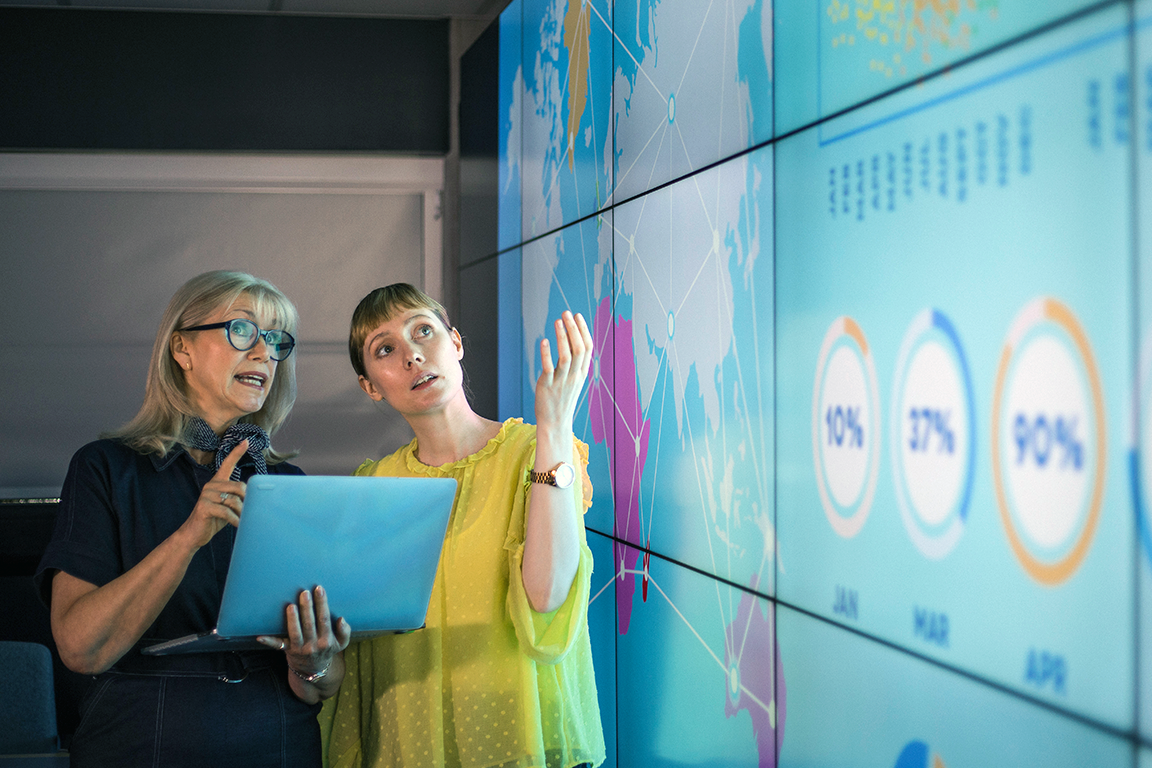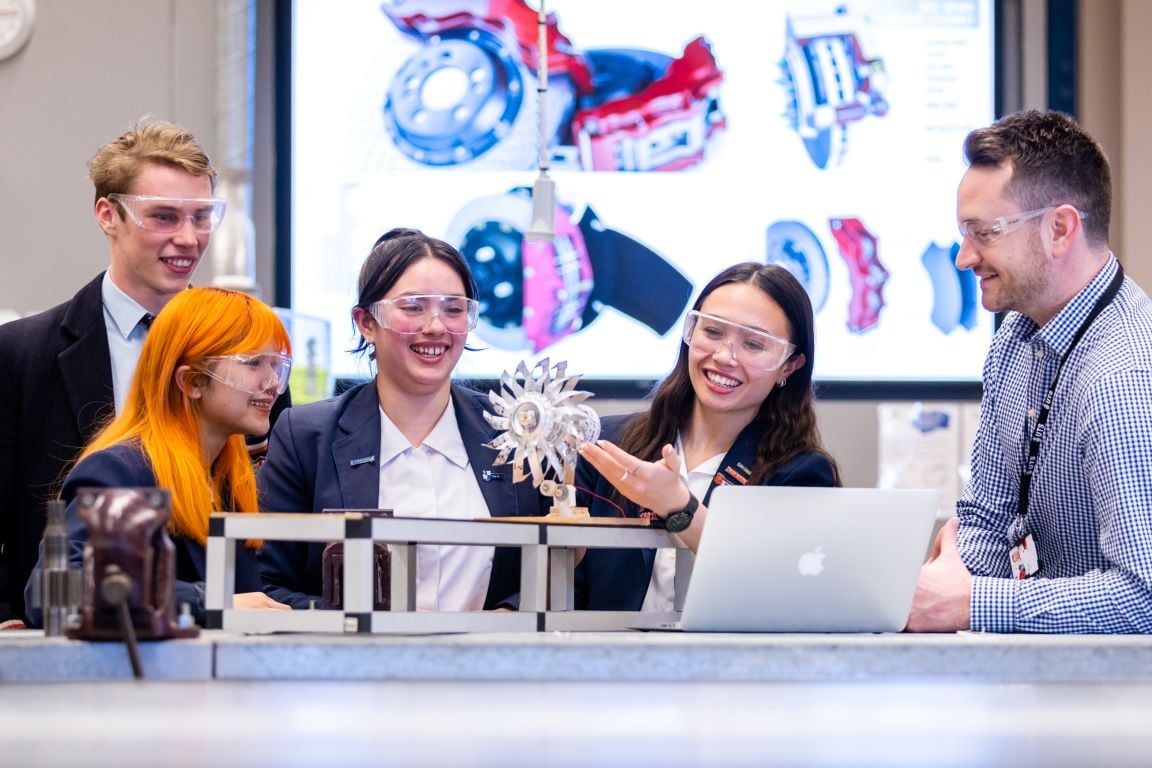Futures Thinking consists of 6 x weekly, 2-hour interactive, online-facilitator-led sessions, with UTS TD School’s, award-winning educator, Dr Susanne Pratt.
You will discover how to use futures thinking to question assumptions, inspire the imagination, drive strategic action and catalyse change. This futures thinking journey will explore:
- The value of a futures-orientation, including perspectives on time
- The art of noticing and sensing patterns of change over time
- Challenging assumptions and integrating different perspectives on possible, probable, preferable, and preposterous futures
- Using creative approaches to ignite imagination, ask ‘what if?’ and invite people to be open to alternatives,
- Considering strategy and implications, including experimental adaptive pathways towards preferable futures
- Sharing and scaling futures thinking to enhance your foresight capability.
Course delivery
This course will blend online workshops, experiments, interactive tools, discussion boards and a suite of curated resources.
Over the six weeks of the course, participants can expect a time commitment of approximately 10 hours per week, consisting of:
- 2 hours of an online face-to-face workshop
- 2-3 hours online-module exploration and activities
- 2-3 hours per week reading and reflection
- 2-3 hours per week assessments.
You will be working with a dedicated award-winning educator who will support your learning and engagement online. Teaching resources have been designed by a lead academic and a team of experts from the Transdisciplinary School, UTS, with input and case-studies from global foresight experts.









